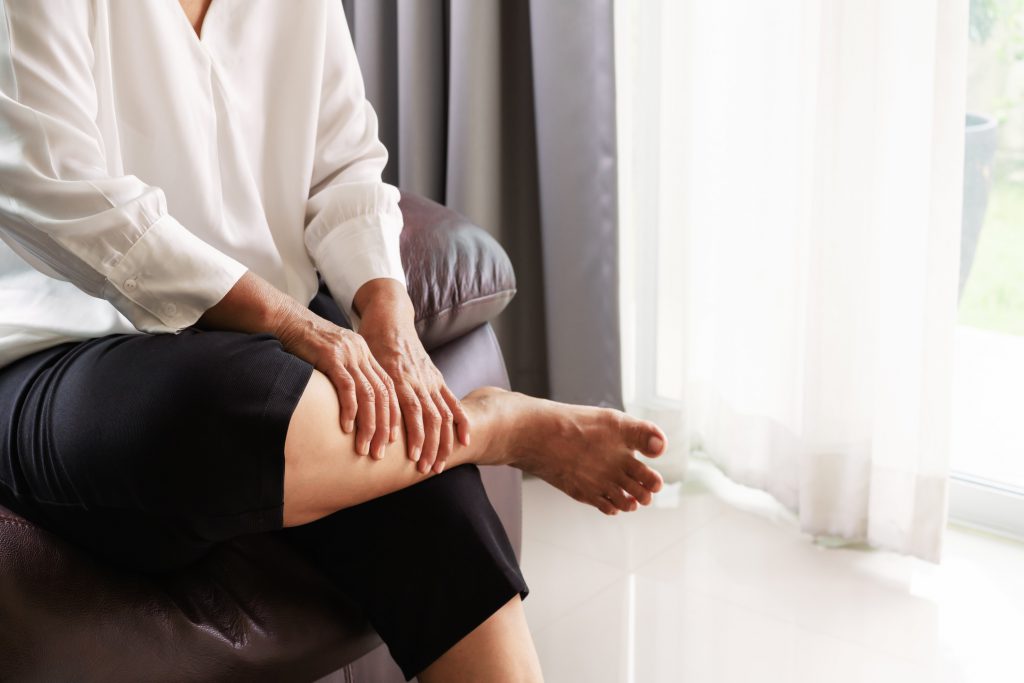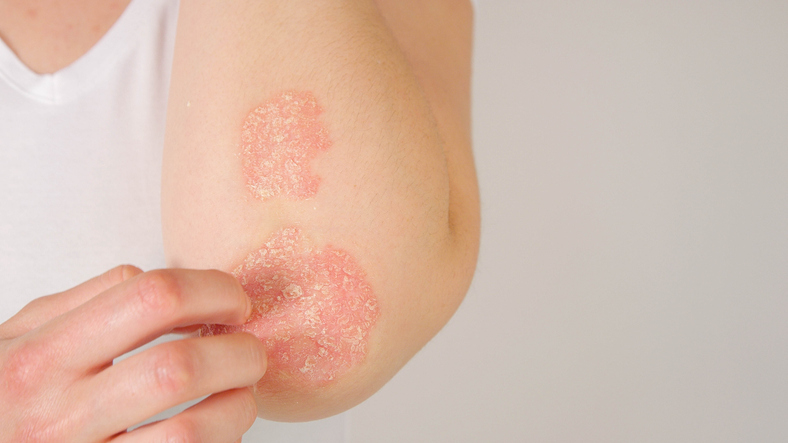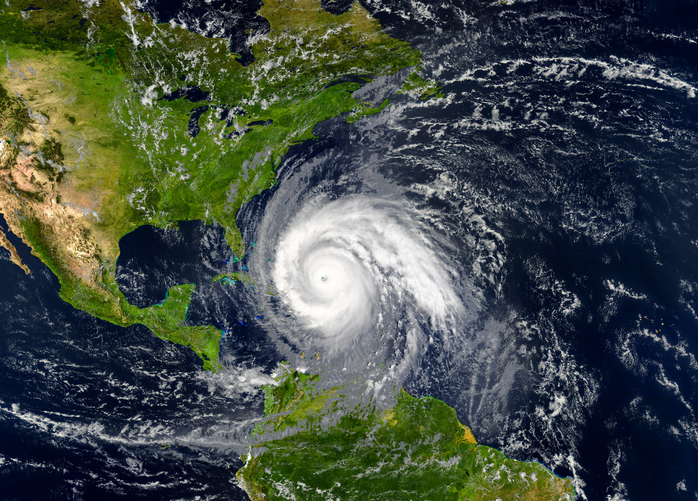If your vision is blurred or you are having issues with your sight, an eye doctor will conduct a regular exam, assessing your overall eye health. At the end of the exam, it may be suggested that you are in need of glasses. If you do not have a serious eye condition, the doctor may suggest magnifiers or over the counter (OTC) “readers.”
When making the decision to get glasses, many people wonder if there is difference between prescription lenses and OTC glasses. The answer is, yes.
Some differences between OTC and prescription glasses are:
- Over the counter (OTC) readers are best used for age-related presbyopia. Presbyopia is an age-related issue where your eyes become less flexible, making it harder to focus on close objects.
- OTC readers have the same prescription in each lens. Having the same eyesight in both eyes is extremely rare. Therefore, your vision will not be properly corrected and you may still experience difficulty focusing even when wearing OTC readers.
- Prescriptions glasses offer more options and benefits, such as quality in materials, accurate vision correction, lens clarity, as well as scratch and glare resistance. Additionally, unlike OTC readers, prescription glasses can help with astigmatism, myopia or glaucoma.
If you are having difficulty with your vision, you should schedule an appointment to have your eyes examined. To schedule an appointment with the Jamaica Hospital Medical Center’s Ophthalmology Center call 718-206-5900.
All content of this newsletter is intended for general information purposes only and is not intended or implied to be a substitute for professional medical advice, diagnosis or treatment. Please consult a medical professional before adopting any of the suggestions on this page. You must never disregard professional medical advice or delay seeking medical treatment based upon any content of this newsletter. PROMPTLY CONSULT YOUR PHYSICIAN OR CALL 911 IF YOU BELIEVE YOU HAVE A MEDICAL EMERGENCY.




